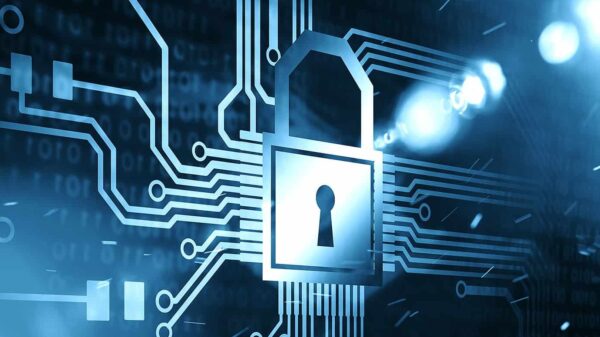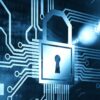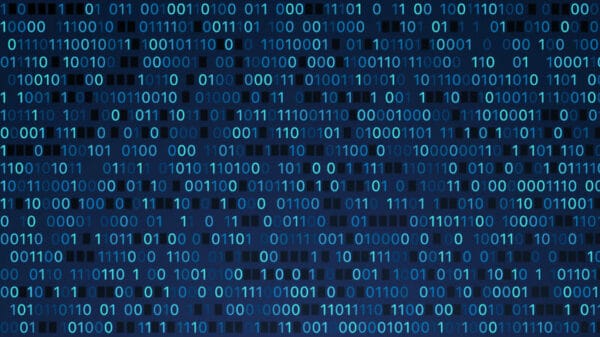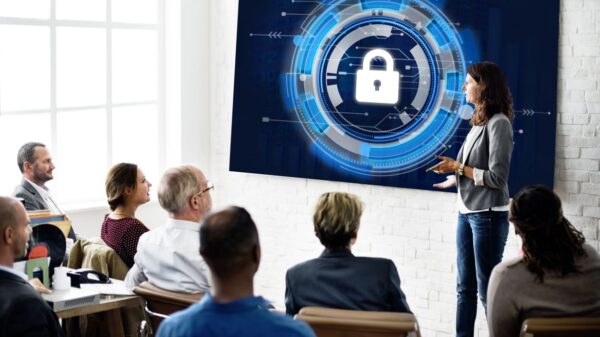Most of us are fairly diligent about protecting our loved ones and property. Home security providers do a fairly brisk trade in personal safety and peace of mind, and an automated security system can go a long way towards keeping your house free from invasion. However, as the digital age continues to pick up steam, many people are forgetting about another kind of security that is just as important.
After all, even if criminals can’t get into your home, they may still be able to get into your life through your computer. Experts estimate that an unprotected computer when connected to the internet will become infected with some form of malware within seven minutes of startup.
However, there are steps you can take to minimize the threat of a cyber security breach. As with most things, the path to change begins with a few good habits. Here are seven everyday things that you can do to help keep criminals off of your network, out of your hard drive and away from your sensitive information.
1. Update your computer and antivirus software regularly
The threats that your computer faces are not static or immutable. They are dynamic, evolving hazards that are constantly being improved and adapted by the cyber-criminal community. Your anti-virus program is only as useful as it is up-to-date. So, instead of ignoring or putting off those somewhat interruptive reminders to download and install updates, get in the practice of updating your system whenever you are prompted to. It may end up costing you some time, but not as much time as you’d lose if your identity were to be compromised.
2. Disconnect from the internet when you’re not using it
The internet is an amazingly useful tool for reaching out and connecting with the world. Unfortunately, the door swings both ways; the world can just as easily reach back through that line and get into your computer. You can minimize the risk of cyber-invasion by simply disconnecting from the internet when you are not actively using it and ensure a secure web gateway. Disable your automatic connection, and plug into the web only when you need to.
3. Surf responsibly
Many sites that you might happen upon are absolute hotbeds of potential malware infection. When surfing the web, be smart about the locations that you visit. Although it’s fairly widely known that pornographic and sexually explicit sites can be dangerous, there are other locations that may be even more risky. Torrent sites are malware heaven, and if you visit them you could easily end up with a compromised system. Be careful when visiting unfamiliar sites, and never click on unknown links or download unverified files. Restrict your browsing to sites that are deemed safe by your trusted antivirus program.
4. Be password strong
Web security means more than simply being careful about what you do in cyberspace; it means being security-aware whenever you use your computer. Take passwords for example. Many people tend to rely on a single, easy-to-remember master password. However, a single password ‘if cracked’ can give hackers access to every aspect of your life. Make your passwords strong by using multiple codes and keeping them to a length of at least eight characters, making sure that they don’t contain any real words or usernames, and that they include numbers as well as upper and lowercase letters (and other symbols if possible).
When picking reminder questions, don’t use anything that could be public knowledge. In fact, it can be better to supply nonsensical answers that can’t be logically deduced. Never give out passwords, and remember to change them regularly.
5. Don’t trust email
Email has been the prefered medium for cyber attacks for about as long as the internet has existed. Cyber-criminals send out messages disguised as special offers, letters from friends, new updates, and any other enticement that they can think of. Once opened, these messages automatically download a payload of malware that infects the host computer and may even highjack the email account to send out more contaminated messages. Never click on messages from unknown sources, and be wary of any emails that look suspicious from friends.
Pay attention to the subject line. Is it something broad that could have been written by someone who doesn’t actually know you? Does it contain uncharacteristic word choice or spelling? If you have any doubt of its validity, contact your friend by phone and make sure that the message is genuine. If it’s not, then dump the message into a spam folder, and warn your friend that their email might be compromised.
6. Lock your computer when you’re away
Security programs are generally only effective against internet-based attacks. Once someone has physical access to your computer, they can often access sensitive information without needing to deal with passwords or firewalls. Get in the habit of locking your computer when you’re not using it, even if you’re only going to be away from it for a few minutes. This is especially important when working in an office environment. Would you trust your coworkers with your credit card number? Then don’t trust them with access to your computer.
7. Stay vigilant
As we said before, security threats are constantly changing. Keep an eye on the news, and be aware of any new or developing threats. As they say, the price of freedom is eternal vigilance.
About the Author: Rick Delgado is a freelance writer and self-proclaimed nerd who is an expert in technology and software development. He enjoys keeping up with the latest tech innovations and writing about them.

3 Comments
Leave a Reply
Cancel reply
Leave a Reply
This site uses Akismet to reduce spam. Learn how your comment data is processed.

























































































































































































Stephan
November 18, 2013 at 3:45 pm
My problem is I always connect my computer to Internet even i don’t need it so that my devices usually have some unexpected viruses and rubbish applications. I think i have to be more careful.
thanks for you valuable information.
Stephan
August
November 20, 2013 at 11:00 am
I understand what Stephan, sometime it is necessary to always be online to at least get emails. This is applies mostly to people who are self employed or sell through their websites, they have to be online all the time to get notifications. We just have to be cautious.
Nice post.
Kirsten
December 5, 2013 at 9:34 am
I would like to say that we must install security features like firewalls or anti virus if we use Internet facility. It is necessary to save the system against malware or viruses.